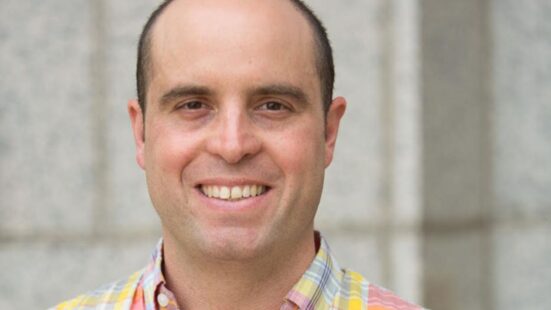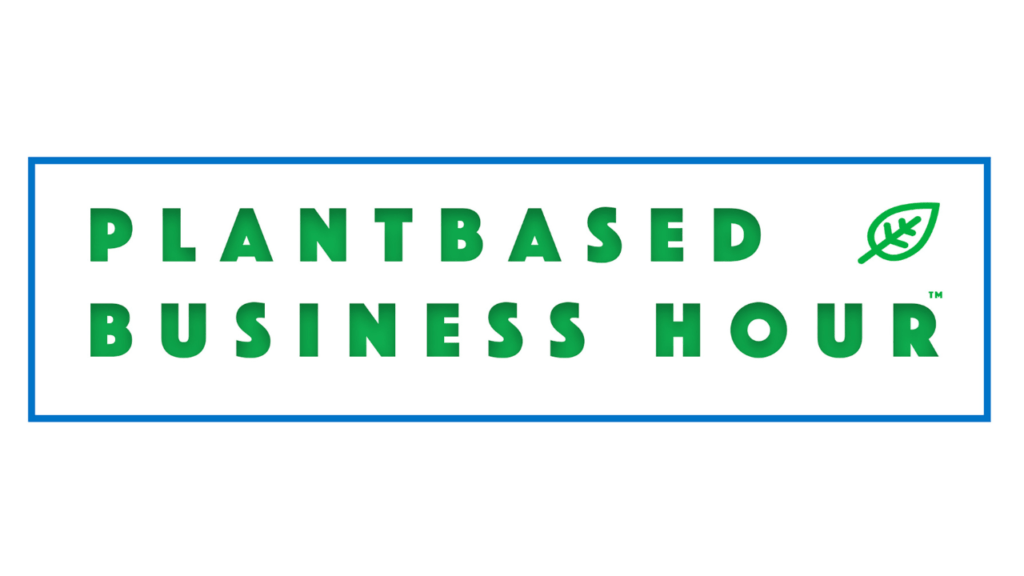
Glenn Hurowitz of Mighty Earth shares one of the best ways to protect the earth’s biodiversity: alternative proteins. How? Why? When? We get into it all on The Plantbased Business Hour with Elysabeth Alfano.
Specifically, we discuss:
- What is Mighty Earth and what work does the organization focus on,
2. What campaigns it is currently working on and with what success,
3. What is their perfect storm technique,
4. What is their work on alternative proteins, animal feed and climate change through food transformation.
Below is a highlight clip and transcription from our long-form conversation.
Elysabeth: I want to bring on the founder of Mighty Earth, Glenn Hurowitz. I’m pronouncing your name correctly?
Glenn Hurowitz: Yes, well done.
Elysabeth: Quick shoutout to FAIRR, Farm Animal Investment Risk and Return. They also do a lot of the work that you’re talking about, trying to bring on investors and private companies, be they privately owned or publicly traded, just like we do at VegTech Invest. All three of us are kind of working on shifting to get to that point. More investments will get us to building the infrastructure that will get us to 10% of the meat or protein subject to be alternative proteins. That comes from bringing down the price. That comes from having more capital flowing into the system. How do you see that happening?
Glenn Hurowitz: One of our goals is to get investors to do that. I think right now is a mixed investment climate for alternative protein companies. When I talk to leaders of those companies, I think it’s incredibly frustrating because the ingredients are there for growth. I think especially if you look internationally, you see growing demand, and so investors are slow to do it. I find it paradoxical given the climate potential and the increasing premium put on delivering climate solutions from policymakers.
There’s always understandable caution about a relatively new sector. For us this is one of the reasons that we see it’s so important for mainstream companies that sell a lot of meat like Tesco, Walmart, and others to invest and set goals for selling alternative proteins. We’ve seen some companies like Aldi already set some initial targets and also commit to price parity on their shelves so that they’re selling alternative protein for the same cost as regular meat so that they can hit goals for 40% or 50% alternative protein by 2030. So, there’s some supermarket chains, especially those based in Europe, that are already doing that. I hope if we can get more retailers and fast-food companies to send the signal that they are setting goals that they’re going to invest in alternative proteins, that will send a signal to investors that this is a growing sector.
It seems inevitable to me that this is going to grow. Both because of the pressure on food prices and the fact that more and more you can have plant-based alternative proteins that deliver that kind of texture and experience that people expect from meat.
I was just in London with our UK team. We had dinner at this restaurant called Studio Gotye which is entirely plant-based. They served beef bourguignon and you could see the flesh as it was tearing apart. I think for people who have maybe been vegan all their life may not find it appealing but even though I ate meat twenty years ago, I liked it, and so I loved this flavor. We ate so much we had to order a second one. I asked the chef and it was made by an Israeli company called Redefine Meat and it was just remarkable to me that you could have such a realistic product as plant-based meat. It was actually 3D printed so it is a fascinating technological innovation.
When you look at some of the existing products like hamburgers or sausages or hot dogs or chicken, the experience exists. It’s going to become more widespread. These companies need capital to scale but they’re going to get there. I can’t imagine any industry that’s going to grow more quickly than this one frankly.
Elysabeth: I want that to be heard loud and clear to all the investors out there. You can’t imagine a sector that’s going to grow any more than this one and I would add to that: in a shorter amount of time.

New episodes are out every week. Never miss the Plantbased Business Hour or Minute. Subscribe on iTunes and Youtube, and sign up for the newsletter. Follow Elysabeth on Linkedin. For information on Plant Powered Consulting, click here.



